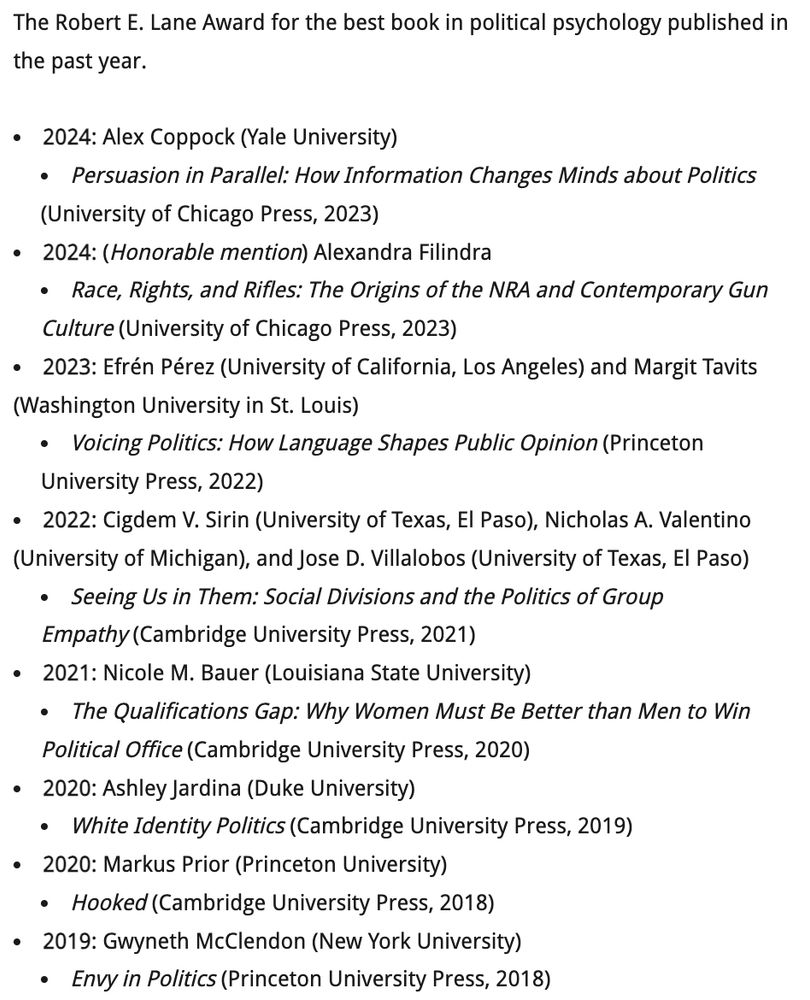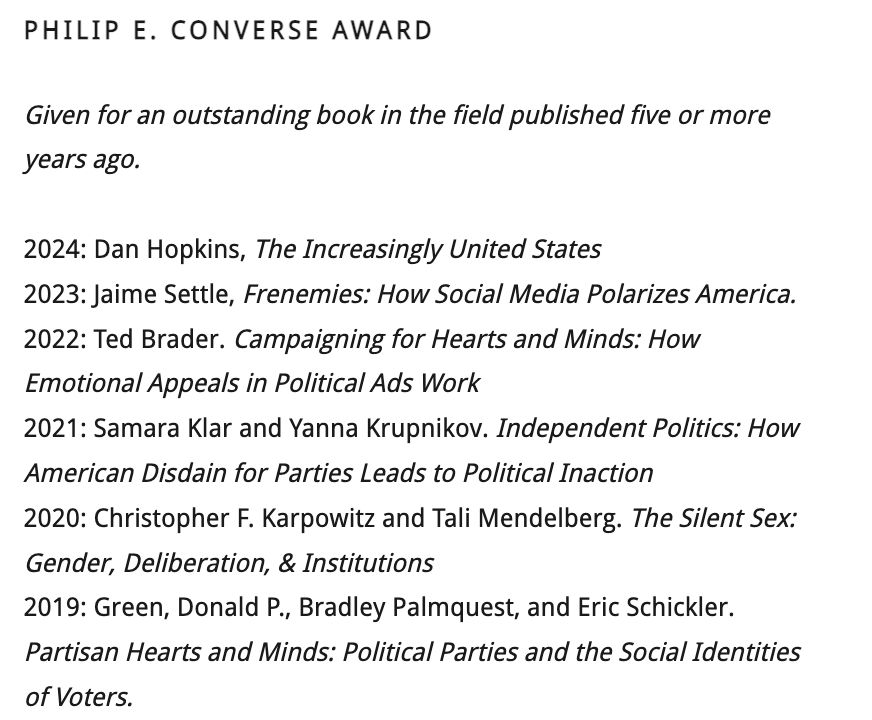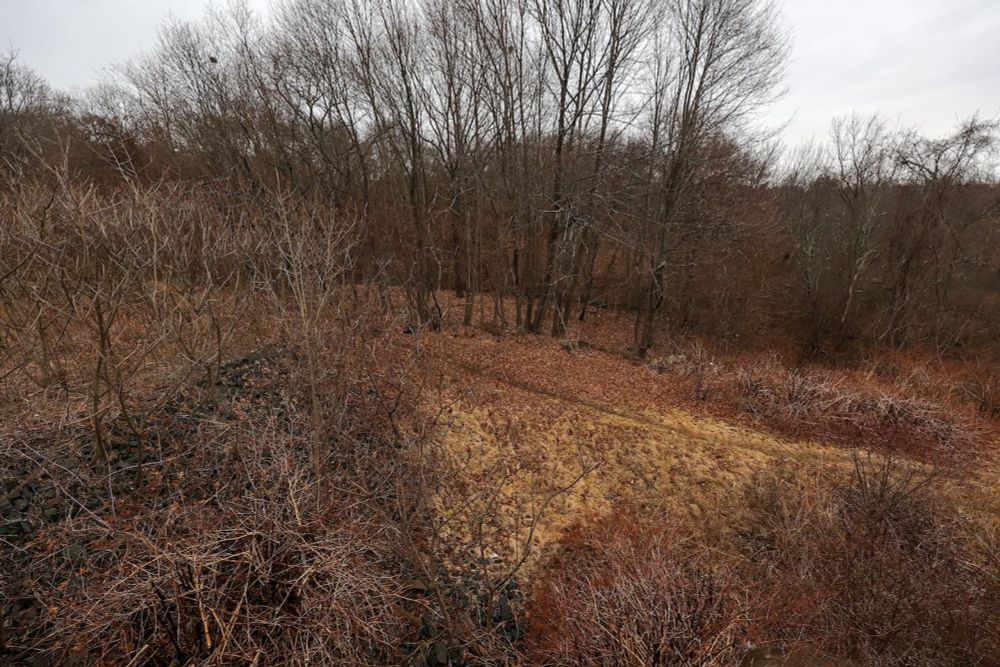Michael Hankinson
@hankinson.bsky.social
1.3K followers
460 following
70 posts
Political Scientist at George Washington University
www.mhankinson.com
Posts
Media
Videos
Starter Packs
Michael Hankinson
@hankinson.bsky.social
· May 23
Michael Hankinson
@hankinson.bsky.social
· Dec 18

Engineered extrachromosomal oncogene amplifications promote tumorigenesis - Nature
Large extrachromosomal DNAs are engineered using a CRISPR- and Cre–loxP-based approach and shown to drive cancer in mouse models, with potential applications in determining the role of oncogene a...
www.nature.com
Michael Hankinson
@hankinson.bsky.social
· Dec 18

Rui Gao on LinkedIn: Engineered extrachromosomal oncogene amplifications promote tumorigenesis…
Happy to share that a significant research project from my PhD is finally out in 𝘕𝘢𝘵𝘶𝘳𝘦 today! 🎉🧬
For the first time, we show that gene amplifications…
www.linkedin.com
Reposted by Michael Hankinson
Reposted by Michael Hankinson
Michael Hankinson
@hankinson.bsky.social
· Nov 27
Michael Hankinson
@hankinson.bsky.social
· Nov 27
Assistant Professor of Political Science
The Department of Political Science invites applications for a tenure track professor (Assistant Professor) in American Politics. The position will start in Fall 2025 and is pending final budgetary ap...
www.gwu.jobs
Reposted by Michael Hankinson
Rick Hills
@rickhills.bsky.social
· Nov 27

The Renters’ Republic | Charlie Dulik
In a majority-homeowner nation, the rental crisis alone cannot explain Harris’s defeat, especially since the concentration of renters in cities means that as a group they likely still tilted toward he...
www.nplusonemag.com
Reposted by Michael Hankinson
Reposted by Michael Hankinson
Jen Gaudette
@jengaudette.bsky.social
· Nov 24
Michael Hankinson
@hankinson.bsky.social
· Nov 22

Can mayors keep their affordable housing promises? — APM Research Lab
Mayors across the Sun Belt and beyond have promised to build housing and reduce costs. But they face obstacles – including “Not in My Backyard” sentiment from their constituents.
www.apmresearchlab.org
Michael Hankinson
@hankinson.bsky.social
· Nov 21
Reposted by Michael Hankinson
Reposted by Michael Hankinson
Reposted by Michael Hankinson
Michael Hankinson
@hankinson.bsky.social
· Oct 24
How self-interest and symbolic politics shape the effectiveness of compensation for nearby housing development | Journal of Public Policy | Cambridge Core
How self-interest and symbolic politics shape the effectiveness of compensation for nearby housing development
cup.org
Michael Hankinson
@hankinson.bsky.social
· Oct 24
Michael Hankinson
@hankinson.bsky.social
· Oct 24
Michael Hankinson
@hankinson.bsky.social
· Oct 24












